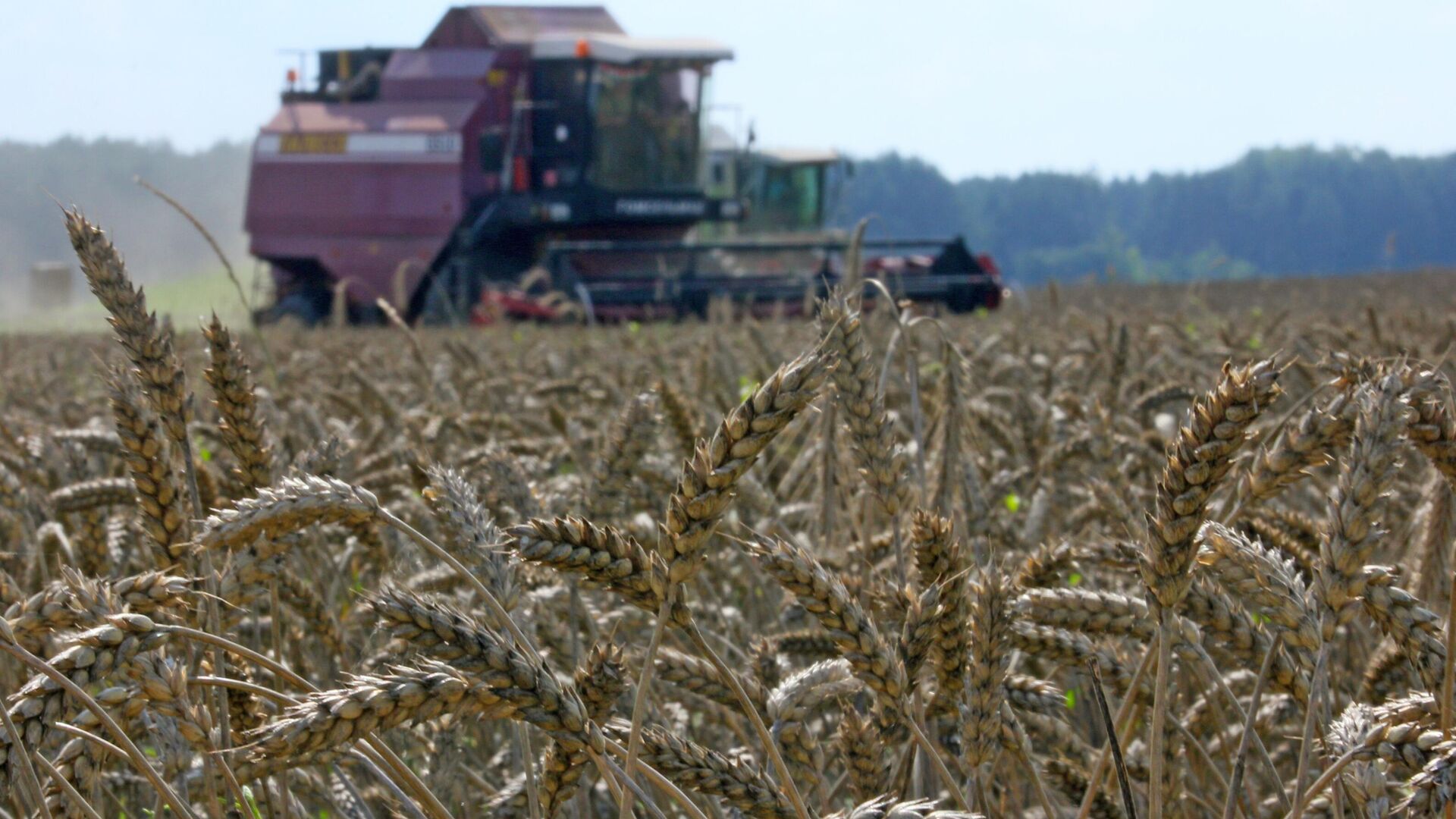West Used Africa as Bait to Press for Grain Deal Continuation: Eritrean Envoy to UN
10:16 26.07.2023 (Updated: 10:29 26.07.2023)

© Sputnik . Viktor Tolochko
/ Subscribe
UNITED NATIONS (Sputnik) - On July 18, the Black Sea Grain Initiative, which provided for a humanitarian corridor to allow exports of Ukrainian grain over the past year, expired, as Russia did not extend its participation.
The United States and other Western states are using Africa as a tool to blame Russia for the situation around the Black Sea grain initiative, Eritrean Ambassador to the UN, Sophia Tesfamariam, told Sputnik.
The US and some of its Western allies have said Russia's decision to allow the Black Sea grain deal to expire last week will harm African nations.
"This one was a good way to shame and blame Russia, but use Africans," Tesfamariam said when asked about the West's comments about how the end of the grain deal will affect Africa.
Tesfamariam also said she was not surprised by the comments from the US and its allies, adding that, from the very beginning, the West was not going to help Africa. Tesfamariam said the West makes many promises and does a "big display" with labels like "Africa Rising" or "African Initiative."
"I think Africans are too jaded now and don't feel surprised by things. Even now when we hear them sometimes complaining they [the West] didn't deliver on financial contributions that they have promised," the envoy said. "Africans are learning that it's all talk."
Tesfamariam has also noted that it was the West's politicization of food assistance is what killed the Black Sea grain initiative.
"It [food aid] was given to certain countries who were on their [the West's] side for whatever issue. So, the politicization of food aid is what's killing this initiative," Tesfamariam said.
The ambassador said the approach is not new, it has been there with food delivery in the past from USAID and other US agencies. Moreover, even if the deal was implemented, it would have no huge impact on Africa.
"The effect [of implementing the agreement] was minimal on Africa," Tesfamariam said. "But the propaganda for the initiative was huge and Africa was used as this bait."
According to Tesfamariam, the Black Sea grain initiative was from the very beginning not a good way to address the food supply issue as African nations received less than 3% of the exports.
"After one year passed, some Europeans got the grain, which is good because they also needed it. So trying to make it look like only Africa is looking for grain from Ukraine was a non-starter," Tesfamariam said. "It was not the way to solve the issue from day one. Regarding Africa, we got less than 3%."
The ambassador said that African nations decided to produce food instead of waiting, and Ethiopia for example started producing its own wheat.
"Eritrea increased their output by 20% and other regions did the same," Tesfamariam added.
On July 18, the Black Sea Grain Initiative, which provided for a humanitarian corridor to allow exports of Ukrainian grain over the past year, expired, as Russia did not extend its participation. Moscow has been repeatedly critical of the fact that the deal's provisions pertaining to Russia had not been fulfilled and that most of the supplies were ending up in rich European countries.
UN data shows that the largest share of Ukrainian grain exports ended up in the EU, while Afghanistan, Yemen, Somalia, Sudan and Ethiopia received slightly over 2% of the grain.
On Monday, Russian President Vladimir Putin said Russia would replace Ukrainian grain and gave assurances that Moscow would continue to supply grain and fertilizers to African countries despite sanctions.

